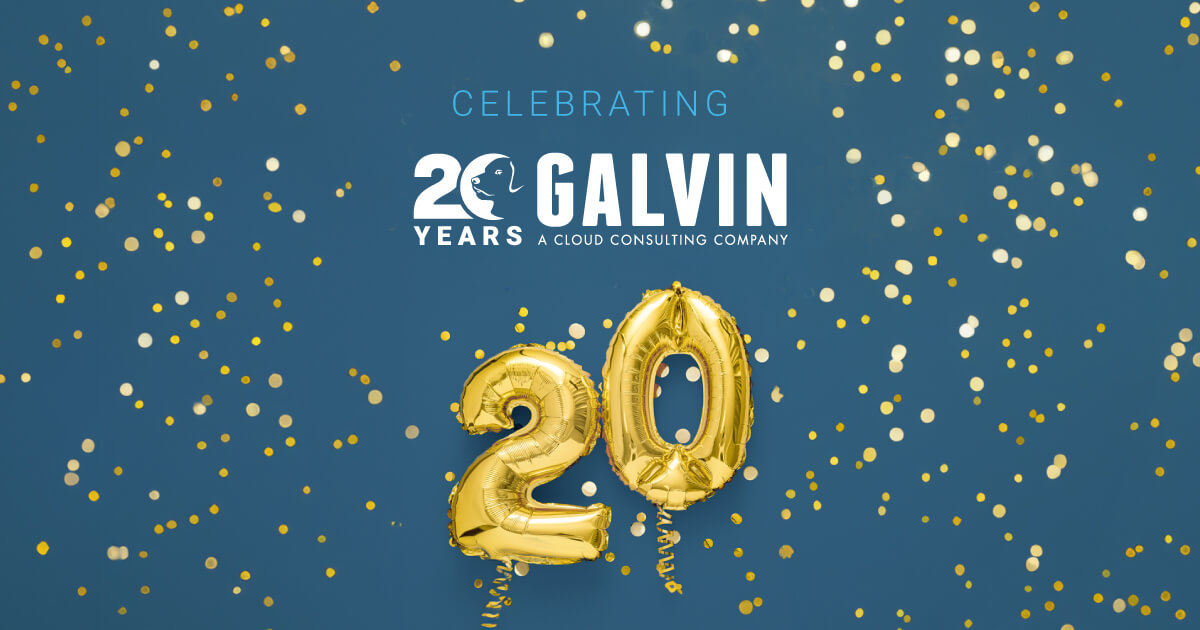Managing Success of Social Business: ‘Start with Culture Change’
The Dreamforce Keynote As I watched the Dreamforce 2012: Social Enterprise Keynote live webcast on Wednesday afternoon I got a real appreciation for how far reaching Social Business has engaged […]
The Dreamforce Keynote
As I watched the Dreamforce 2012: Social Enterprise Keynote live webcast on Wednesday afternoon I got a real appreciation for how far reaching Social Business has engaged the business world. If you haven’t seen the Dreamforce Keynote, head to www.salesforce.com and follow the appropriate links to view the “Dreamforce ’12: Business is Social Keynote”. The title of the keynote address gives you a hint of the conference theme and the importance that Salesforce.com, Inc. (Salesforce) has placed on Social business. And we may want to take note of Salesforce market trends. Forbes ranks Salesforce #1 on the list of ‘The World’s Most Innovative Companies’.
Social Business : An Indispensable Component
The keynote address was an impressive show with big names and powerful people; including the musical guest MC Hammer, who kicked off the event singing his hit ‘To Legit to Quit’. Another subtle theme, which I took to mean that both Salesforce (i.e., Customer Relationship Management) and Social Business are now indispensable components of business and a bigger influence in day-to-day decision-making.
After watching the keynote, I began to think about how to effectively manage social business, knowing that to successfully serve customers as Social Business gets more sophisticated so must the tools and techniques we use to measure to success. A spotlight article in the October 2012 Harvard Business Review by Andrew McAfee and Erik Brynjolsson titled ‘Big Data: The Management Revolution’ highlighted the recent explosion of digital data and how exploiting the new flows of information can radically improve a company’s performance. The article goes on to say that to achieve this, firms must change the company’s decision-making culture from the top-down.
It’s In the Numbers
Based on the analysis conducted those companies that achieved this elevated culture were, on average, 5% move productive, and 6% more profitable than their competitors. These statistics are relatively impressive, considering that they are achieved solely by managing culture and analyzing information that organizations typically own, but do not properly analyze.
Assuming that we can apply the same ‘Big Data’ theories of McAfee and Brynjolsson to Social Business, which shouldn’t be too much of a stretch, I’m ready to make a business case for accelerating Social, and jump on board with Salesforce and MC Hammer. Social is: “To Legit to Quit”.













